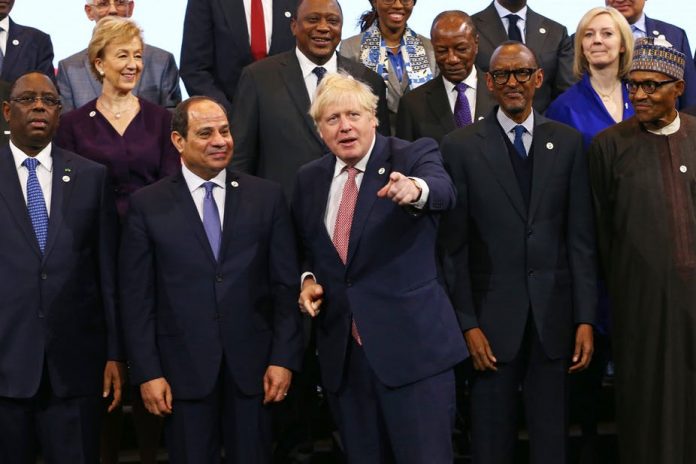By Ian Scoones
There has been much hype about a major Africa investment summit being hosted by the UK. Attended by Prime Minister Boris Johnson and an array of royals, a great deal of hopeful win-win-win rhetoric abounded linked to forging new partnerships for a post-Brexit future.
At the summit, Ghana, it seems, is being given top treatment as a favoured destination, while Zimbabwe appears to have been snubbed despite being “open for business”.
UK aid policy these days is focused on promoting UK trade interests abroad, with the government adopting a global business promotion approach for UK firms.
The linking of aid and trade of course has a history in Britain. In 1994 the Pergau dam scandal – in which aid was used as a sweetener for an arms deal – led to the commitment to untie aid. It also led to the establishment of a separate development department and an Act of Parliament specifying how aid must be spent.
This consensus on aid since the mid-1990s, however, is now under threat.
Trade and investment can of course help reduce poverty, promote women’s empowerment and be good for children’s rights. But the opposite may be true too. There are many different business models – and so labour, environmental and rights regimes – with very different outcomes. We’ve been looking at some of these issues over the last few years across a number of projects. All were funded by the UK’s Department for International Development. Read more...



